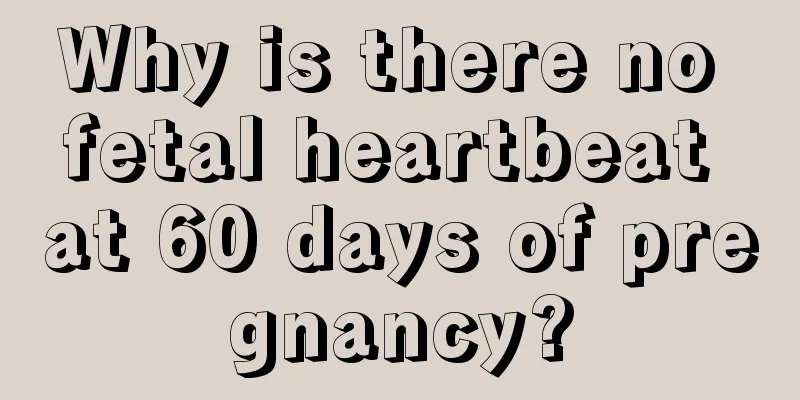What are the effects of hysterectomy and cervical removal?

|
Clinically, there are many gynecological diseases that may involve hysterectomy or cervicectomy surgery, but after a hysterectomy, women will definitely suffer direct effects on their bodies and many functions will not be able to be used normally, so there are still many adverse reactions. Therefore, after a hysterectomy or cervicectomy, follow-up care is also very important. So what are the effects of hysterectomy and cervicectomy? 1. Hysterectomy not only disrupts the endocrine dynamic balance between the premenopausal uterus and ovaries, but also leads to decreased ovarian function. Since part of the blood supply to the ovaries comes from the ascending branches of the uterine arteries, although hysterectomy in premenopausal women preserves ovarian tissue as much as possible, it will still affect the blood supply to the ovaries due to the ligation of adjacent blood vessels, thereby reducing ovarian function. Serum estrogen levels decrease and there is a lack of gradual adaptation, so the symptoms of menopause progress significantly. 2. After hysterectomy, there will be no menstruation. Most patients will have psychological trauma. It is important to pay attention to the patient's maintaining a good mood in the later stage. The most direct impact of hysterectomy on a woman's childbirth is psychological. Some people experience headaches, insomnia, weakness, hot flashes, increased nocturia, stress incontinence, and loss of libido after the psychological effects of hysterectomy, called hysterectomy syndrome, which most often occur within 2 years after surgery. Therefore, after a woman has her uterus removed, her family must care more about her, motivate her, and keep her in a good mood. 3. Hysterectomy is one of the most common and basic operations in obstetrics and gynecology. After a hysterectomy, many people are afraid that they will age faster than others without a uterus. In fact, this is not the case, because most of the human endocrine system still depends on the hormones secreted by the ovaries. The maintenance of female sexual activity depends on estrogen produced by the gonads - the ovaries. The ovaries are located to the left and right of the uterus. In women of childbearing age, follicles in their ovaries develop, mature and ovulate periodically, producing estrogen and progesterone to maintain female sexual characteristics. |
<<: How is vaginal ultrasound performed?
Recommend
Why do I have vaginal pain after sex?
Many women now report that they experience vagina...
What medicine should I use for postpartum relaxation?
Women all know that there are many reasons for va...
Do you only know how to eat bananas when you are constipated? You can always use these methods
Have you ever had such a desperate experience? Yo...
What to eat to treat excessive liver fire in women
In life, most women like to lose their temper, an...
What are the symptoms of placental abruption?
We are often very happy about pregnancy, but preg...
Apptopia: Musk's X app downloads hit a 10-year low, down nearly 30% in two months
According to reports, downloads of Musk's soc...
How to take care of the newly bought fortune tree? Feng Shui placement and taboos of fortune tree
I don’t know if you have noticed that many of the...
Why do women have symptoms of blood in urine?
Hematuria is a common symptom we see. The occurre...
What causes sleep problems among young people?
I believe everyone has experienced insomnia, such...
Do women have hair on their private parts?
Many women will find that their private parts hav...
Is a pelvic floor muscle exam really painful?
Nowadays, many people are afraid to go to the hos...
What to do if the vagina is itchy
In daily life, many female friends may have encou...
Breast tenderness during ovulation
If a woman experiences breast pain, she does not ...
Wearing these pants during menstruation will inevitably cause gynecological diseases
As a woman, you will encounter gynecological dise...






![[Body Wandering] Why do we work so hard but still get nothing?](/upload/images/67f094b812e79.webp)


